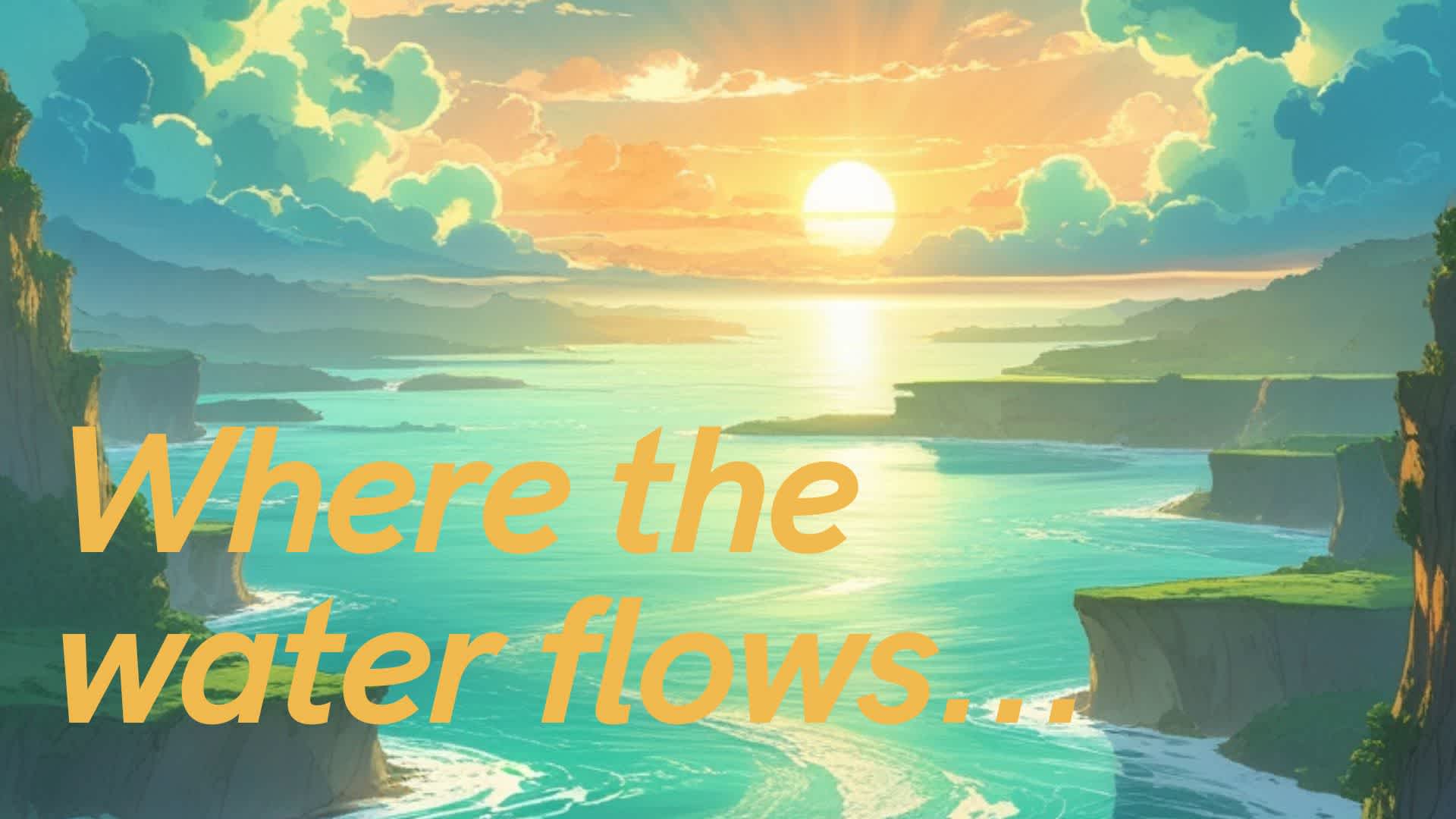Saturday, November 29th, 2025, 7:30 PMWhere the Water Flows...

Tickets: £12.00, students/under 18s £6.00
Our November 2025 concert marks the 75th anniversary of Sheffield Chamber Orchestra and we dedicate it to our friend, founder and former chairman, Roger Hayward, who passed away recently.
We are absolutely delighted to perform for you the world première of a new composition by Dominic McGonigal — ‘Sunset at Sea’. Dominic’s work has been described as having “great textures and a perfect sense of spacing and pacing” and his ‘Ave Maris Stella Takes Flight’ recently won the Palimpsest Competition at Canterbury Cathedral.
After training as a chorister, Dominic read music at King’s College, Cambridge where he sang bass in King’s Chapel Choir. He found his voice as a composer with his 'Missa Et Incarnatus Est', a large work for 8-part choir, soloists and small orchestra. These days he combines a career in the music business with performing and conducting, including appointments as musical director of COMA Voices, Stoneleigh Choral Society, the Church of St Anselm & St Cecilia in Holborn, Opera Spezzata, EJMS Big Band and St Giles Consort …. and as for this piece, you’ll just have to come and hear it for yourself.
Mendelssohn’s overture ‘Die Schöne Melusine’ loosely illustrates a German legend of a Melusine, or a water-nymph who who marries a Count Raymond, on the condition that he never enter her room on a Saturday as that is the day she takes on the form of a mermaid!! The opening passages seem to evoke ripples on water, but in complete contrast you would also be right to conjure up the perfect coffee — the Starbucks logo features a Melusine at its centre.
Mendelssohn wrote it for his sister Fanny’s birthday in 1834 and similarly, Wagner composed the ‘Siegfried Idyll’ as a birthday present for his second wife Cosima, after the birth of their son Siegfried. It was first performed in their home next to lake Lucerne, so Cosima was woken on Christmas morning 1869 by its opening melody. The theme was so good that he re-used it in his opera Siegfried when Brünnhilde and Siegfried sing a love duet, and it is probably the most loving piece in the whole of the classical music repertoire. Originally scored for 13 players he expanded it when published to include 35 musicians including one trumpet with only 13 bars to play!
Telemann’s Water Music is the common name of an orchestral suite with the full title ‘Hamburger Ebb und Fluth’ (Hamburg's ebb and flood) reflecting the town’s intimate links with its river Elbe. Despite Hamburg being nearly 100 miles from the coast its river is tidal, and each movement represents a different facet of the sea. We’re playing two movement from this suite this evening — a sarabande ‘The Sleeping Thetis’, and a bourrée ‘The Awakening Thetis’; Thetis being a sea goddess in Greek mythology.
Seascape, by the English composer Ruth Gipps, conjures up the beauty as well as the stormy nature of the sea. It is thought to have been inspired by a trip she took to Kent where she was giving lectures; and during her stay in a coastal hotel in Broadstairs she would hear the sea from her bed. The work which has a wonderfully rich rhythmic and percussive central section and was composed in 1958 for an ensemble of ten wind players.
I’d never heard of William Sterndale Bennett before. He was English and born in Sheffield in the early 19th century — a nice local connection. When you’ve listened to his piece ‘The Naiades Overture’ you’ll not only understand why he was admired by both Robert Schumann and Felix Mendelssohn but you’ll also wonder why he and it are not better known. And for anyone else who doesn’t know (and I didn’t) Naiades are a type of female spirit or nymph in Greek mythology, who preside over fountains, wells, springs, streams, brooks and other bodies of fresh water.
Johann Strauss II is the famous Strauss and eschewing his 'Blue Danube' waltz we share another of his water themed waltzes the ‘Nordseebilder’. This was inspired by his visit to the North Frisian island of Föhr. The slow introduction suggests a calm sea scene, while swirling waves are captured in later themes. The coda incorporates a 'sea storm' scene, with furious chords and fierce brass instruments suggesting the North Sea at the time of a severe gale.
The full programme for the evening is:
Mendelssohn: ‘Die Schöne Melusine’
Wagner: Siegfried Idyll
Telemann: Water Music
Ruth Gipps: Seascape
William Sterndale Bennett: The Naiades
Johann Strauss II: Nordseebilder
The world première of Dominic McGonigal: ‘Sunset at Sea’